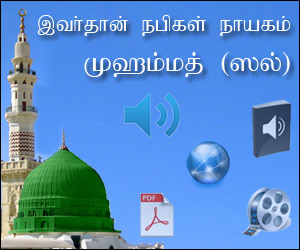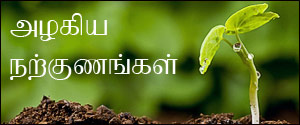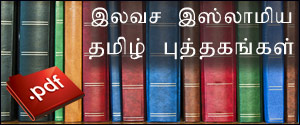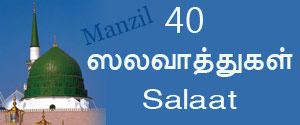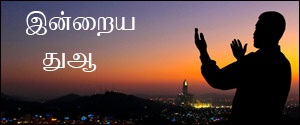The Sword of Allah - Khalid Bin Waleed (Ral)
| Main Index |
|
1. Ibn Hisham: Seerat-un-Nabawi,
Cairo, 1955. Ibn Hisham. His abridgement of the last pioneering work, Seerah Rasoolullah, by Muhammad bin Ishaq, is invaluable. Portions of Ibn Ishaq have recently been recovered and published. Muhammad bin Ishaq (who died in 150 or 151AH), is unquestionably the principal authority on the Seerah (Prophetic biography) and Maghazi (battles) literature. Every writing after him has depended on his work, which though lost in its entirety, has been immortalised in the wonderful, extant abridgement of it, by Ibn Hisham. Ibn Ishaq was one of the Tabieen (second generation who saw the Sahabah but not the Prophet SAWS himself) of humble beginnings as a former slave. Ibn Ishaq's work is notable for its excellent, rigorous methodology and its literary style is of the highest standard of elegance and beauty. This is hardly surprising when we recall that Ibn Ishaq was an accomplished scholar not only in Arabic language but also in the science of hadith. For this reason, most of the isnad (chains of narration) that he gives in his Seerah are also to be found in the authentic books of hadith. Ibn Ishaq, like Bukhari and Muslim, travelled very widely in the Muslim world in order to authenticate the isnad of his hadith. It is reported that Ibn Ishaq saw and heard Saeed bin Al-Musayyib, Aban bin Uthman bin Affan, Az-Zuhri, Abu Salamah bin Abdur-Rahman bin Awf and Abdur-Rahman bin Hurmuz Al-Araj. It is also reported that Ibn Ishaq was the teacher of the following outstanding authorities among others: (a) Yahya bin Saeed Al-Ansari Al-Waqidi. The second most authoritative book on Seerah is that of Al-Maghazi by Muhammad bin Umar Al-Waqidi Al-Aslami (who lived from 130 to 207AH and is buried in Baghdad). This book was widely read in various parts of the Muslim world. While som Ibn Sad. The third authoritative work on Seerah is Ibn Sad's Tabaqat-ul-Kubara (nine volumes). Ibn Sad was both the student and the scribe/secretary of Al-Waqidi. The quality and scholarly excellence of the Tabaqat-ul-Kubara of Ibn Sad say a great deal about the academic competence of his teacher and patron. Al-Yaqubi. (Ahmad bin Jafar bin Wahb, died 292AH). Al-Yaqubi's work is unique for its examples of the Prophet's (SAWS) sermons, not to be found elsewhere, especially those containing instruction and admonition. Al-Baladhuri. (Ahmad bin Yahya bin Jabir, died in 279AH). The work of this early historian is valuable for the texts it contains of certain important agreements which the Prophet (SAWS) concluded with some groups and individuals- among others, the texts of his agreements with the Christians of Najran, his agreement with the people of Maqna, his book to Al-Mundhir bin Sawi and to Akaydar Dawmah. At-Tabari. (Ibn Jareer, died in 310AH) in his monumental world history Tareekh-ul-Umam wal Muluk. At-Tabari was not merely a historian, but also an unrivalled authority on the Arabic language and grammar, on hadith and fiqh, and on the tafseer (exegesis) and interpretation of the Quran. Evidence of the excellence of his scholarship, his prodigious and untiring intellectual genius, is provided by his major works which run into many lengthy volumes each. Al-Masudi. (Abul-Hasan Ali bin Al-Husain bin Ali Al-Masudi, died in 346AH). A well-known Arab historian, descendent of one of the Companions of the Prophet (SAWS), Abdullah bin Masood (RA), author of two books on history including long sections on Seerah, both mentioned above.
|

